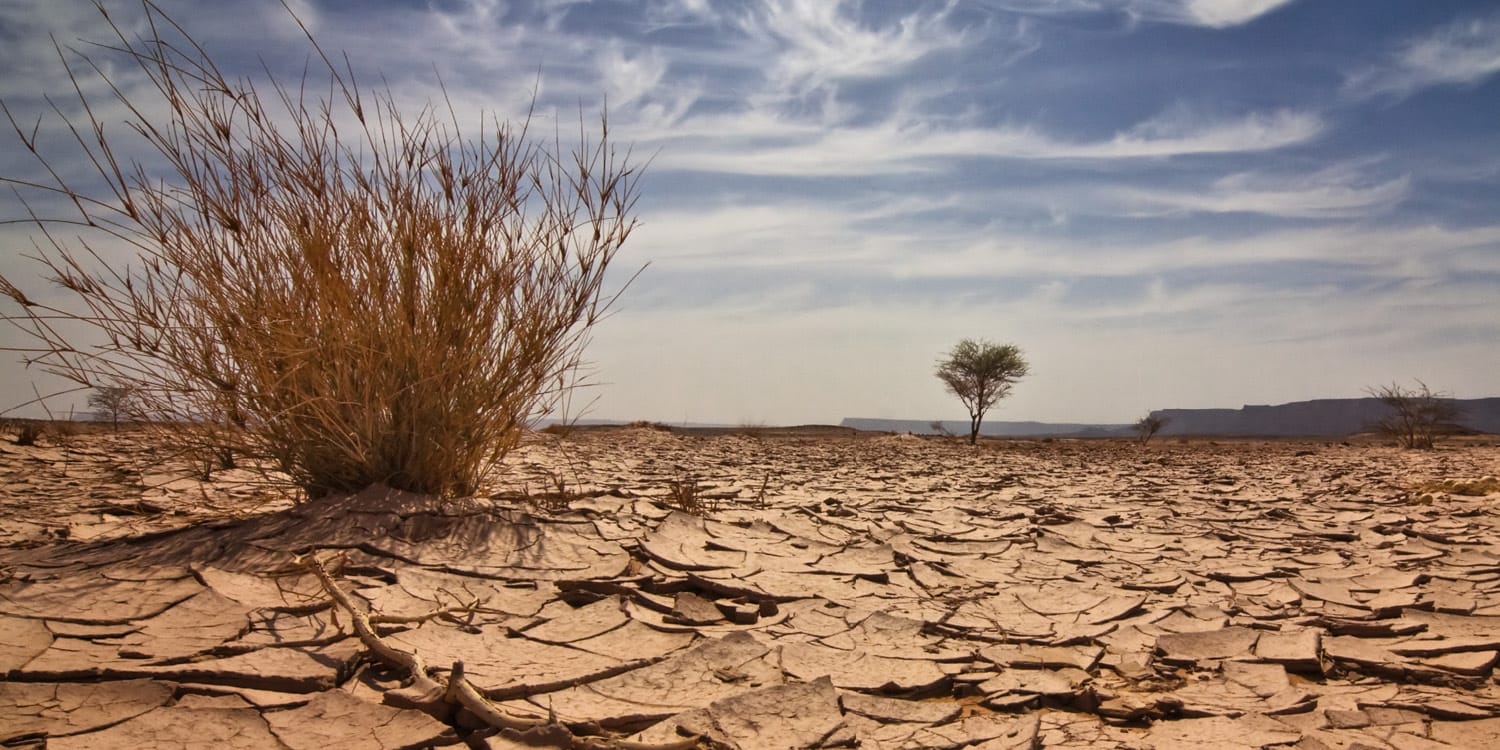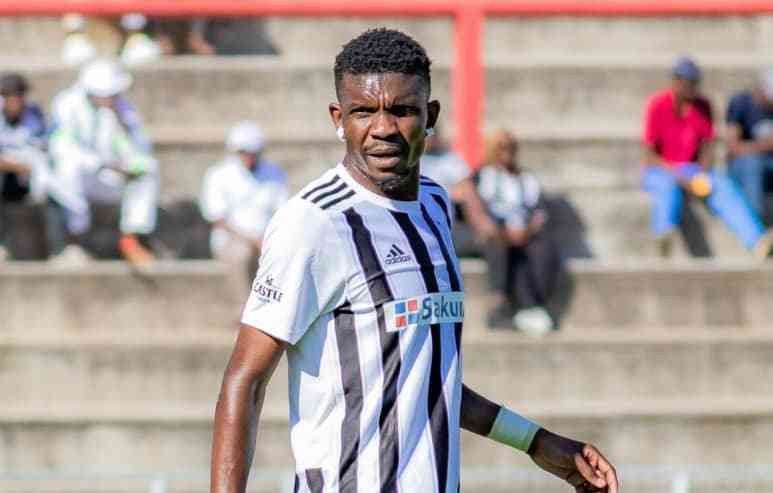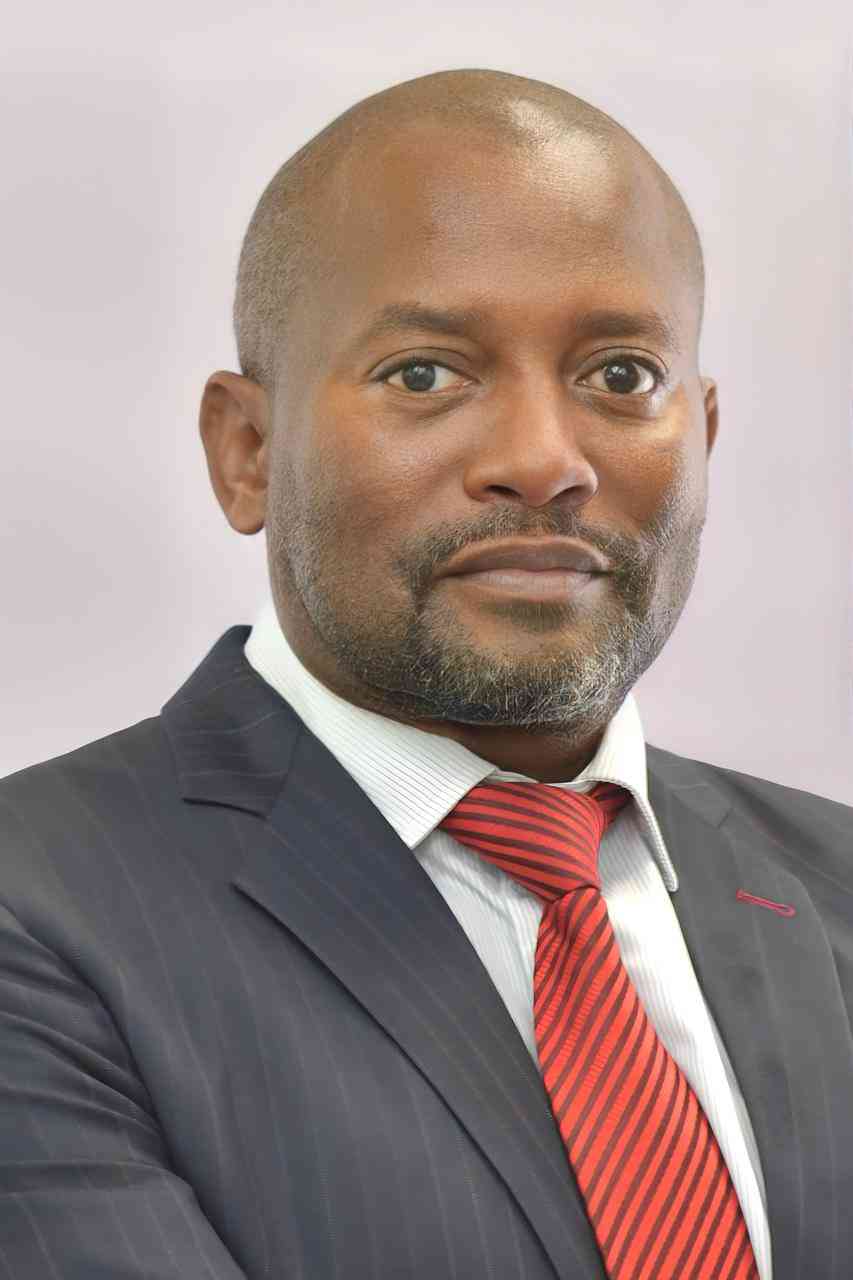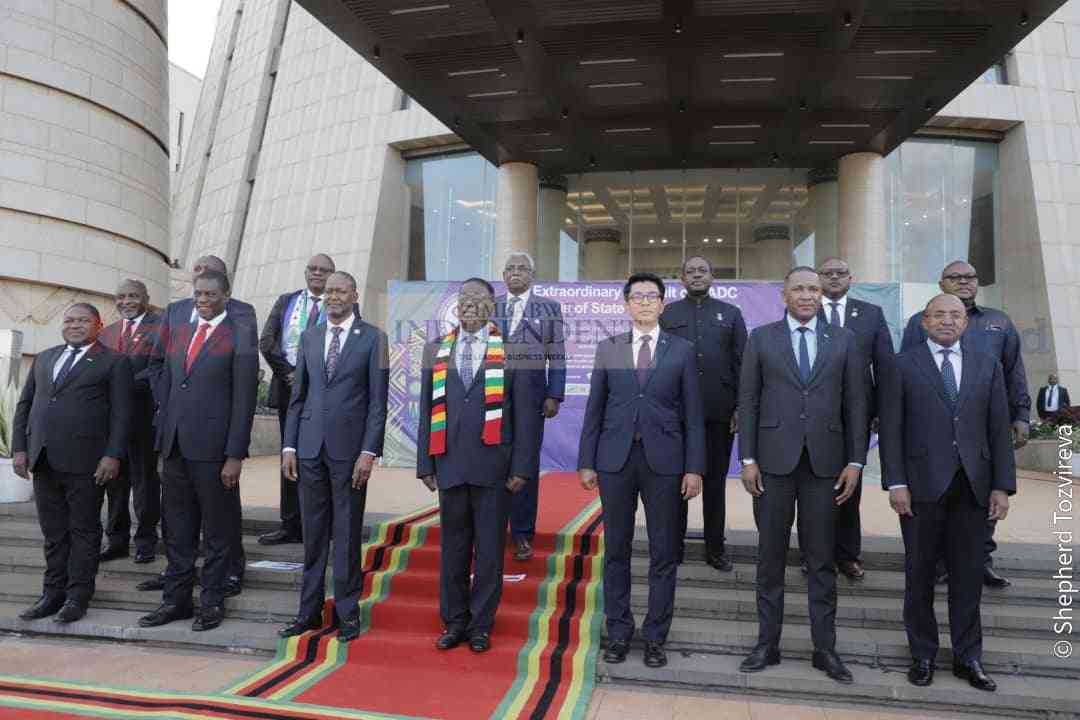
By Peter Makwanya
ON the context of climate change and many other developmental paradigms, Africa is found lacking in many aspects.
Africa is said to lack technology transfer, lacks mainstreaming climate policy into developmental goals, lacks documentation of indigenous knowledge systems (IKS) and information management, intellectual property rights and patenting, ambition and political will, among others.
The list is quite long and disappointing, but what is essentially African is underdevelopment. It is up to Africa to demonstrate and prove to the world that these perceived lacks are a result of what is continued to be stolen and repackaged in developed countries, come back to Africa either as new knowledge or products.
The continent has been accused of lacking reliable scientific data, climate research and innovation. In other words, nothing originates from Africa, except raw materials, poverty and lack of political will to fight the impacts of climate change. All these are challenges and information gaps that stand on the continent’s desire to move forward and fight the impacts of climate change without assistance from developed countries.
The continent needs to get actively involved in climate change activities that influence the people’s knowledge and awareness of changing climate.
With regard to knowledge and information about climate change, the continent needs to move from awareness levels to information packaging and dissemination.
People need comprehensive knowledge of climate change, not basic information, which many in the continent still lack.
- Chamisa under fire over US$120K donation
- Mavhunga puts DeMbare into Chibuku quarterfinals
- Pension funds bet on Cabora Bassa oilfields
- Councils defy govt fire tender directive
Keep Reading
Even climate awareness levels are still low on the continent to the extent that the majority cannot link the climate impacts to their local situations. These are knowledge and information gaps which have wide implications on climate change.
While the continent still struggles on awareness levels because it cannot fund its own climate initiatives, it also needs to do away with falsehoods, climate propaganda and improve on political will to fight climate change.
How much knowledgeable are foot soldiers, climate knowledge brokers and activists on the ground about climate change issues? Even when climate knowledge and awareness is prevailing, how are issues of gatekeeping and ring fencing handled, amid toxic politics?
Knowledge about how much climate-induced disasters and hazards, in the form of floods, droughts and epidemics, impact on livelihoods and social cohesion should be firmly in the public domain. More State-driven programmes to mainstream the youths and schoolchildren into climate change activities are needed to groom and strengthen their climate knowledge and resilience.
Access to climate knowledge, education and information to all children and the youth in interdisciplinary ways across the curricula require support, commitment and consistency. All these initiatives lead to enlightenment on climate change and sustainable development.
It is also significant to find out how much climate change is demystified, discussed at family level and carried over to school as common knowledge just as how religious issues are propagated and emphasised.
If climate change information is not treated this way, then information blackout would affect children and the youth’s future.
The continent’s adaptation gaps are a reference of where Africa stands and its placement on the global emission information gaps map. How much are these climate inactions and their related costs known and their effect on human livelihoods?
The continent needs strong climate voices and demonstrate ambition to make climate change a priority, not an afterthought or talk about it when it suits them or when there are monetary values and opportunities along the way.
With emerging and recurring disasters, issues of loss and damage are inherent and in the public domain too. The knowledge of communicating and quantifying them in terms of losses and costs is not yet available.
Climate-related mental health issues remain mystified and continue to be treated as either spiritual or traditional rather than climate-induced.
Therefore, the continent needs to graduate from that kind of knowledge and mainstream it in every sector.
The other issue Africa should demystify is the impact of population density on climate change, which is not always discussed openly or discouraged in many African set ups.
As a continent, these issues are often referred to as high fertility levels and the rights for women to reproduce.
No one is against reproduction and birth right, but when population increases, there is need for more resources and space. If the resources and space shrink then there are scarcities, leading to conflicts.
The continent continues to experience knowledge and information gaps in the manner in which the majority treat early warning systems and weather forecasting. These have been overtaken by climate change, and should be integrated with technological developments rather than exclusively traditional lenses.
The continent should be very worried when its IKS medical breakthroughs and innovations are rejected on the global stage and treated as lacking enough research, even by the World Health Organisation. This means that there is some place, somewhere or some destination waiting to authenticate and quality control Africa’s knowledge and information. The other point of concern is why renewable energy as a panacea to energy poverty and power challenges to Africa, is not yet highly understood by the people who are supposed to benefit from such transitions. This also includes the benefits to be realised from carbon markets and credits. All these remain knowledge and information gaps on the African continent despite publicity onslaughts from developed countries.
On topical adaptation and mitigation issues, Africa’s adaptation funding gaps continue to widen, due to the delays and rigours associated in requesting and releasing the pledged funds from multinational donors.
When those finances happen to arrive then it will depend on how the African countries would handle or channel them.
Obviously, if the finances are not channelled to good and intended uses, then the source of the funds would not be happy.
The success of all climate change adaptation and mitigation also requires climate change media reporting expertise which should facilitate information education communication and narrow knowledge and information gaps in the audience. Lack of climate media reporting expertise is when journalists fail to understand the climate change issues they are reporting on or when they politicise the climate initiatives.
Climate change by its problematic nature needs to be situated in its African context while influenced by global projections and reported using African lenses and perspectives. This is important for reporting to meet the needs of the target audiences.
Despite the availability of water bodies in many African countries, nations continue to rely on rain fed agriculture without exploiting opportunities brought about by mechanisation and irrigation.
In many African countries, irrigation becomes an afterthought, especially when drought is upon them. All the above discussions are a cause for concern and cannot be separated from climate injustice issues that the global landscape is trying to eradicate and place the people at the centre of climate resilience and mitigation.
- Peter Makwanya is a climate change communicator. He writes in his personal capacity and can be contacted on: [email protected]











